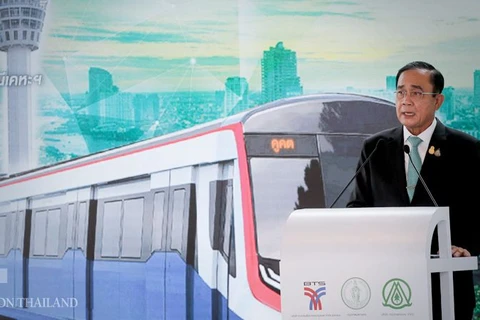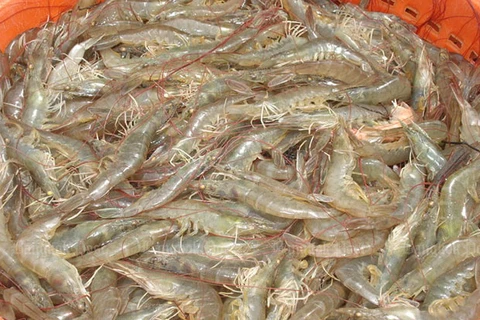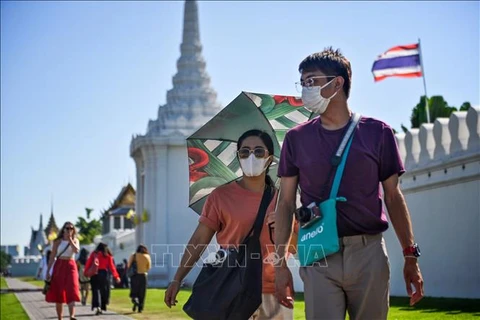Bangkok (VNA) - Thai voters on December 20 casted their votes to select leaders of the provincial administrative organisations (PAOs) and members of PAO councils.
This is the first local polls to take place since the 2014 coup. The pools stared at 8am and will conclude at 5pm the same day. Due to impact of COVID-19 pandemic, voters were requested to wear masks.
According to the country's Election Commission (EC), 335 people have applied to be PAO chief candidates and 8,186 are seeking council seats. Buri Ram saw the most candidates — eight for chief and 344 for the council. Phetchaburi has the fewest candidates — one and 33 respectively.
A PAO is responsible for public services such as roads, bridges, sewage systems and electricity. It also maintains order, promotes tourism, preserves natural resources, and supports education and culture.
Up to 120,000 police officers have been mobilised to ensure things go smoothly and also prevent and arrest anyone involved in election fraud at the 96,000 polling stations throughout the country.
Provincial police in 10 provinces were on alert for potential violent incidents. These provinces are Nonthaburi, Pathum Thani, Chiang Mai, Nakhon Ratchasima, Sakon Nakhon, Nan, Phichit, Kanchanaburi, Nakhon Si Thammarat and Trang, according to Thai deputy national police chief Pol Gen Damrongsak Kittiprapat./.
VNA























